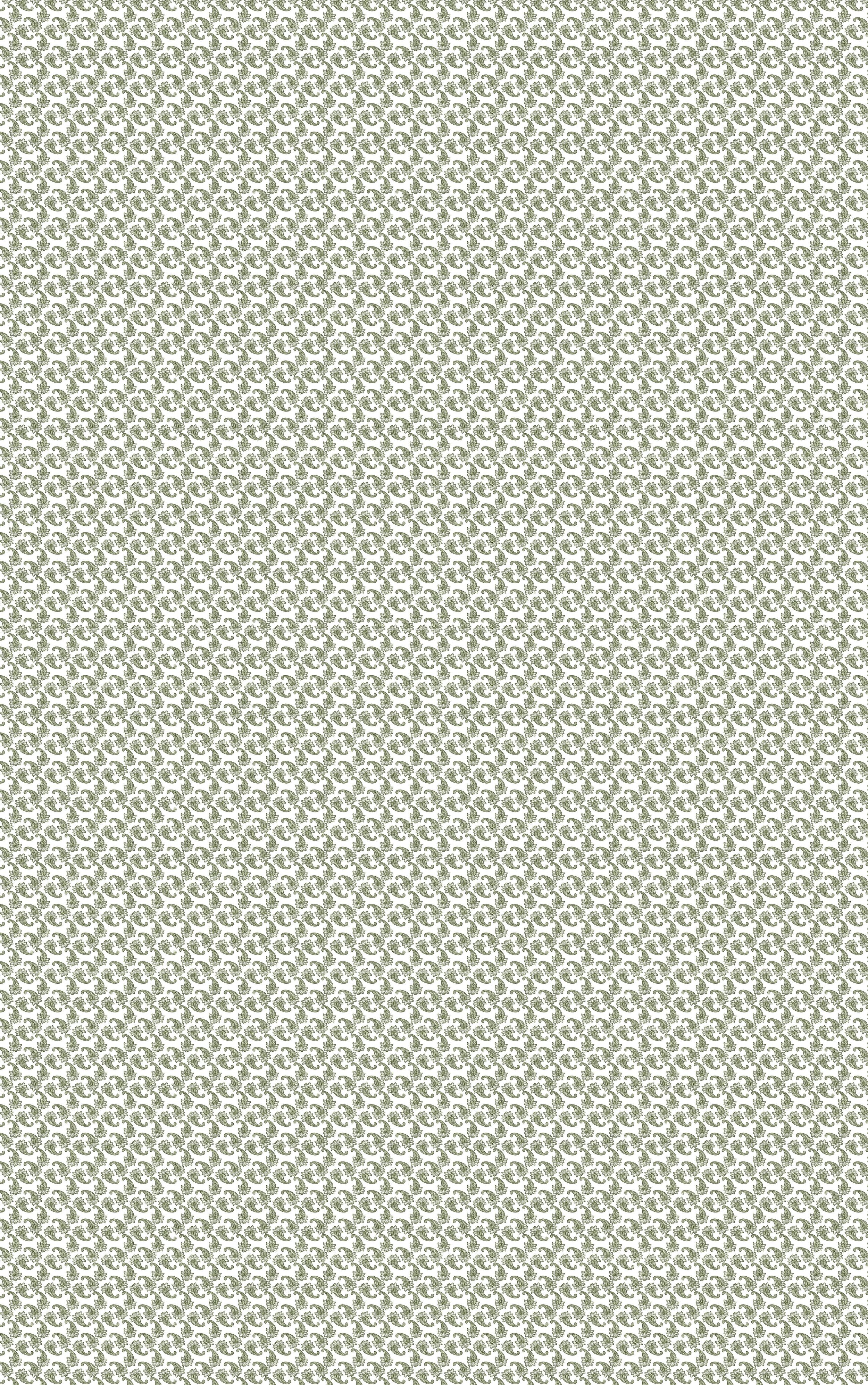
Classical Ayurveda Simplified
About
Health as defined by Ayurveda is a holistic state of dynamic equilibrium.
This means a state of vitality & balanced bodily-tissues, strong digestion, regular elimination, and pleasantness of mind.
In the teachings of Ayurveda are perspectives, tools, and guidelines that can help resolve both acute and chronic health-issues- be they of a physical, mental or emotional nature.
Through my customized healthcare guidance I am devoted to supporting your health at it’s core with the goal that you may feel balanced, empowered, and enthused to live a present and fulfilling life.

-

In-Person Consultation
-

Online Consultaton
-

Panchakarma Retreats

Ayurvedic Consultation
What is Ayurvedic consultation?
Ayurvedic consultation is a highly-personalized educational experience. Addressing any imbalance/s, acute or chronic, should be done in consideration of ones age lifestyle, strength, digestive capacity, etc.
Assessment
Evaluation is done through observing the tongue, feeling the radial pulse and gaining a broad overview of one’s diet, lifestyle, schedule, sleep-patterns, exercise-patterns, habits, emotional states, elimination-patterns, menstrual pattern & previous health history.
Recommendations
Based on the assessment, custom recommendations are made in order to address the root of imbalance and support our natural healing mechanisms.
Customized Takeaways
• Ayurvedic herbs & formulations
• Diet and lifestyle recommendations
• Pranayam & Yoga recommendations
• Self-care practices
FAQs
-
Ayurveda /ai·yur·vay·duh/ is the ancient medicinal system of The Vedas. The word Ayurveda is derived from the Sanskrit words: Ayur (life, longevity) + Veda (science or knowledge).
Ayurvedic science describes the life of a living being, its development, and how one can live in harmony with nature. -
The Vedas are a canon of literature considered the wisdom texts of east, covering subjects on a vast spectrum of subjects. The Vedas are said to have been compiled as early as between the year 1500 and 1200 BC.
Within Vedic literature we find the original teachings on: Yoga, Meditation, Karma, Dharma, Medicine, Politics, Astrology & mathematic calculations, Sansrit Grammar, Kama-Sutra, Vastu, etc. -
The three major classics are:
1. Charaka Samhita by Charaka Acharya
2. Sushruta Samhita by Susruta Acharya
3. Ashtanga Hrdayam by Vagbhatta AcharyaThere are many others which are considered minor texts.
-
No. Ayurveda gives principals of what is conducive for health and longevity as well as what is the opposite. These classical literature’s teach us how to think.
-
More than ever: Modern life can be full of distractions that can impede our introspection. If we cannot hear our own inner-voice’s needs, how can we trust our intuition?
Our consciousness is bombarded by the interests of those who hire marketing experts to push their product or agenda. For example how can we know whats the right kind of ‘bio-fuel’ for our ‘machine’ on any given day or under special circumstances? -
It depends. A persons digestive capacity, imbalances, strength, age, habitat (geo-location), lifestyle and diseases will give us insight as to what diet should be recommended for a person. There are general guidelines for diet however.
-
Simply, one should eat three meals per day in a quantity sufficient that quells one’s hunger without overeating. Ideally foods should be available locally in the present season. Foods should generally be cooked, well-seasoned, not very dry or very liquid. Warm to hot foods that have been cooked are considered best.
Some staple ingredients to be consumed daily are listed as pure water, rice, mung beans/dahl, barley, wheat, locally-available vegetables, ghee, rock-salt, honey, cow’s milk, amalaki, sugar, grapes/raisins & pomegranate. -
One should feel vital, light and happy after completing a meal. Upon becoming full, one or two clear burps free of acidity or unpleasant odor is a good sign. Having a bowel movement first thing each morning upon awakening is a good sign. Having no more than a very thin white coating on the tongue is another. Having balanced weight is also indicative of proper digestion.
-
The classical fundamental texts are written in aphorisms called sutras. The aphorisms are also composed as poetic stanzas to facilitate memorization, recall, group recitation and even musical renditions or accompaniment of the information.
-
No. Vedic texts have been written in metered verses with strict rules of composition also ensures that the original texts cannot be tampered with or changed.
The fact that these texts have been carefully passed down and maintained generation after generation, despite undergoing no updating, points to how useful and insightful these age-old texts have been all over the world. -
Synergy between herbs:
* Enhances efficacy and potency.
* Increases accuracy of targeted action
* Helps to avoid unwanted effects of some herbs.
* Formulations can also facilitate the delivery of it the therapeutic benefit.
Also, when there is differential diagnosis or assessment of dosha status, the formulas’ source-text will delineate what specific situation an herbal formulation can be best used for. -
Pulse assessment is a useful tool that gives us valuable information on your state of health. I do not rely on pulse assessment as a primary pillar for our consultations. In fact, it more of a confirmatory tool than diagnostic. Consultations online are done without feeling pulse.
-
Consultation begins by filling out a thorough questionnaire (found at top-right of my website by clicking on the button labeled “consultation form”)
Then when we meet we will review it together, I will ask questions about your current health-concerns, the patterns of your recent life and the history of your health. I will ask to see your tongue and to feel the pulse on your wrist.
After completing our thorough intake, I will offer the Ayurvedic perspective on the nature of your constitutional type, and also the nature of your current imbalance with possible causes and contributing factors. From there we will review what herbal, dietary, lifestyle, and self-care techniques would be most recommended to facilitate your own body’s ability to come to balance. -
I am certified by the National Ayurvedic Medical Association (NAMA) as an Ayurvedic Practitioner. I have been performing consultation as an Ayurvedic practitioner for 3+ years. Up until recently this was the highest level of professional accreditation on the national level. Recently the Ayurvedic Doctor Program was made available as a national certification under NAMA. I am currently enrolled with Kerala Ayurveda in their Doctorate program, and I am set to graduate as an Ayurvedic Doctor in 2024.
-
Not yet. This means that Ayurvedic consultation is an educational experience. I do not diagnose or treat any disease nor do I prescribe any medication. Within my scope of practice under the National Ayurvedic Medical Association I use the traditional methods of assessment to understand the state of a persons mind-body system. Based on the assessment, I give the Ayurvedic perspective on what the Ayurvedic perspective is and what the best recommendations would be to support the mind-body system. Having gained that insight, all recommendations are for your education and you can do whatever you feel is best for yourself, including discussing Ayurvedic consultation with your Primary Healthcare Provider.
Always seek the advice of your physician or primary healthcare provider before starting any new treatment or discontinuing an existing treatment. Talk with your healthcare provider about any questions you may have regarding a medical condition. Nothing contained on this page is intended to be used for medical diagnosis or treatment.
-
I generally give principals or guidelines of how best to eat for any given imbalance. I often give specific recipes that would be most helpful. Sometimes I will even walk through steps in preparing a specific kind of dish or drink. I try not to be very restrictive in dietary restrictions. We do have to consider that the modern diet and even what modern ingredients are available for cooking may be slowing down our progress in self-healing so sometimes revisiting basic principals in cooking will be important since food is the “bio-fuel” that our “machine” runs off of. I am currently working on a book of recipes. I am happy to share my draft with my clients.
-
Yes, if you are comfortable to answer all kinds of questions and can do so with full honestly then yes.
-
Yes, if a parent is present in the room for the whole consultation I would be happy to give the Ayurvedic perspective for any child.
-
It has its place and it should be given all due respect.
Why deride any healthcare practice which provides relief from suffering?
A true Ayurvedic Doctor or practitioner who has understood and studied properly from a qualified teacher -who has experience with helping others, will never disparage any medicine, or for that matter, any healing modality.
Ayurveda gives principals about healing and empowers us ways to think about our health in different ways.
When allopathy is used for symptom management without addressing the root of imbalances, then it can be said to be incomplete.
Having said that, the ability to manage acute & critical conditions including fracture management, surgery, stroke management, infarction management, etc are nearly miraculously helpful.
Being a complete system of medicine, Ayurveda describes the means to naturally manage these conditions and situations as well. Ayurvedic hospitals in India, etc have the means to manage these conditions but such facilities are not available yet in the US.
The surgical tradition of Ayurveda is found in depth in Ayurvedic literature but the practice can only be found to be living in certain areas. In the United States there is no licensed Ayurvedic surgery or emergency-care management.
The ability to look inside the body through various modern diagnostic tools is remarkably impressive.
Unfortunately even with such sophisticated diagnostic tools, general public health in the world is lacking.
Ayurveda can help fill in some of the gaps in addressing the causes of maladies.











